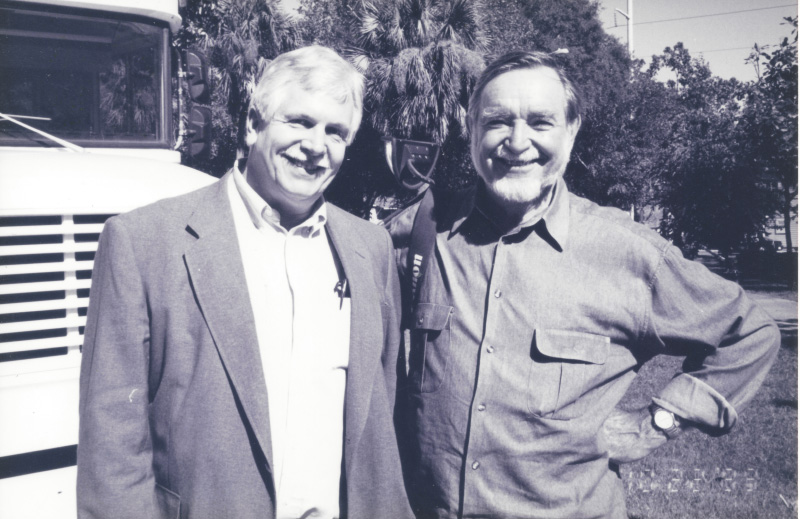The Asset-Based Community Development Institute (ABCD) was co-founded by John L. McKnight, formerly the director of community studies at Northwestern University’s Institute for Policy Research, and his long-time collaborator in community research, John P. Kretzmann, a faculty member in the School of Education and Social Policy and IPR Faculty Associate at Northwestern. Challenging the traditional approach to solving urban problems, which focuses service providers and funding agencies on the needs and deficiencies of neighborhoods, Kretzmann and McKnight have demonstrated that community assets are key building blocks in sustainable urban and rural community revitalization efforts. These community assets include:
- the skills of local residents
- the power of local associations
- the resources of public, private and non-profit institutions
- the physical infrastructure and space in a community
- the economic resources and potential of local places
- the local history and culture of a neighborhood

Impetus for the transformation of the community studies program into the Asset-Based Community Development Institute came in large measure from the overwhelming response to McKnight and Kretzmann's 1993 guidebook, Building Communities from the Inside Out, which identifies and names the community-building phenomena they observed, asset-based community development. In an era of federal budget cutting and downsizing in favor of local and state initiatives, the book's emphasis on examples of successful local community development and a "glass half-full" rather than "half-empty" perspective struck a responsive chord for thousands of groups. The volume has had a widespread distribution of more than 150,000 copies, and has become a standard for an international audience of community builders. John McKnight's 1995 collection of essays in The Careless Society added provocative ideas to the debate on community revitalization and proposed a prescription for generating "authentic citizen communities of care."
As a result of the widespread interest in the principles and practices associated with ABCD, the institute has developed a faculty of over 75 highly skilled practitioners who have worked as consultants, workshop leaders, and speakers for the many and diverse constituencies interested in this approach. Many of these faculty members have contributed to a series of ABCD community-building workbooks and various related publications, which have helped to spread the word and share examples of asset-based community development in action. The workbooks provide practical resources and tools for community builders to identify, nurture, and mobilize neighborhood assets.
Though the words "community" and "assets" now seem to be in every political speech and corporate report, the last decade has seen real community innovations and policy reforms at foundations, community organizations, local governments, schools and universities, faith-based communities, and service and health agencies. The new approaches have profoundly affected the ways in which public, private, and non-profit leaders now attack the development challenge.